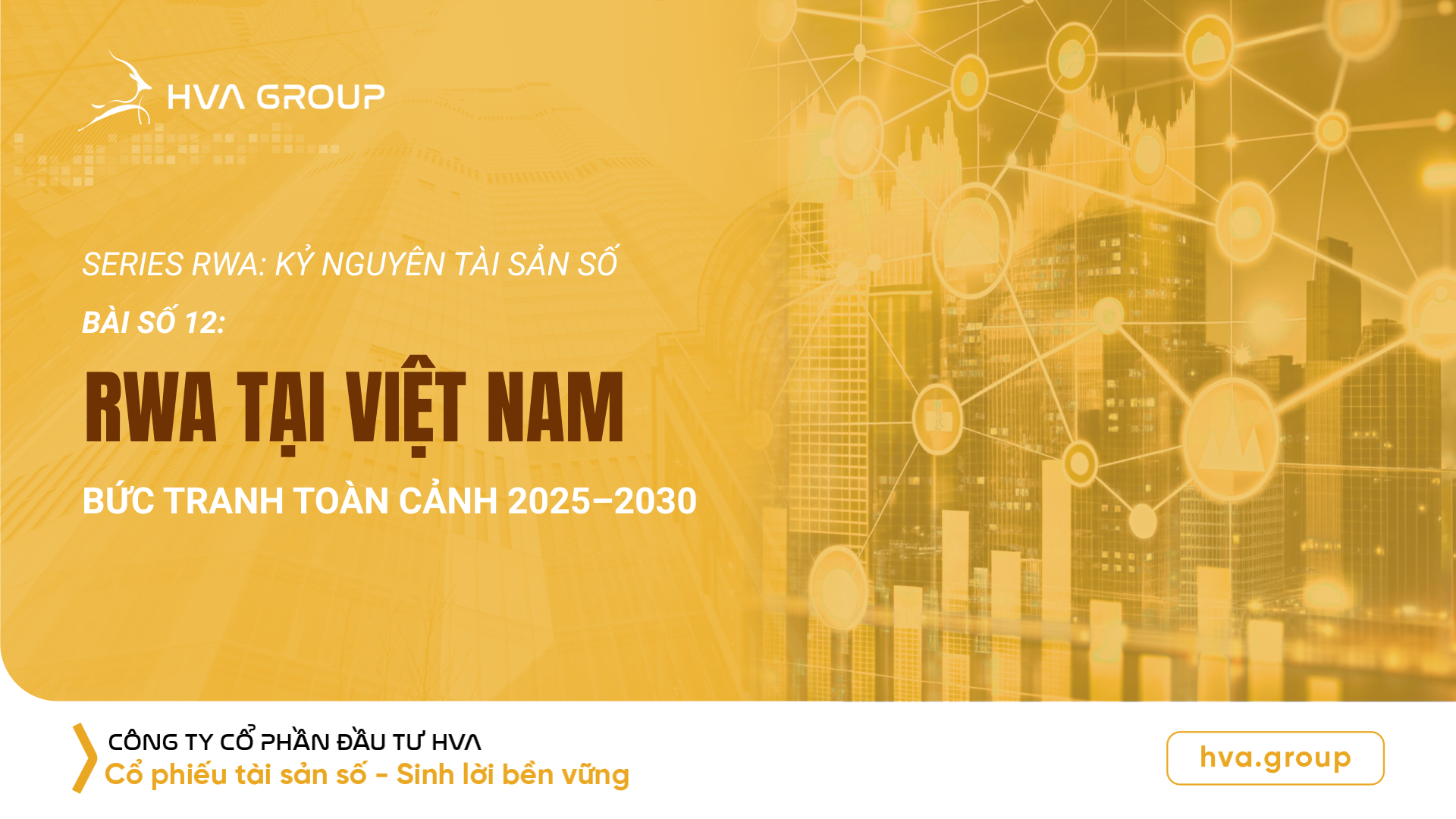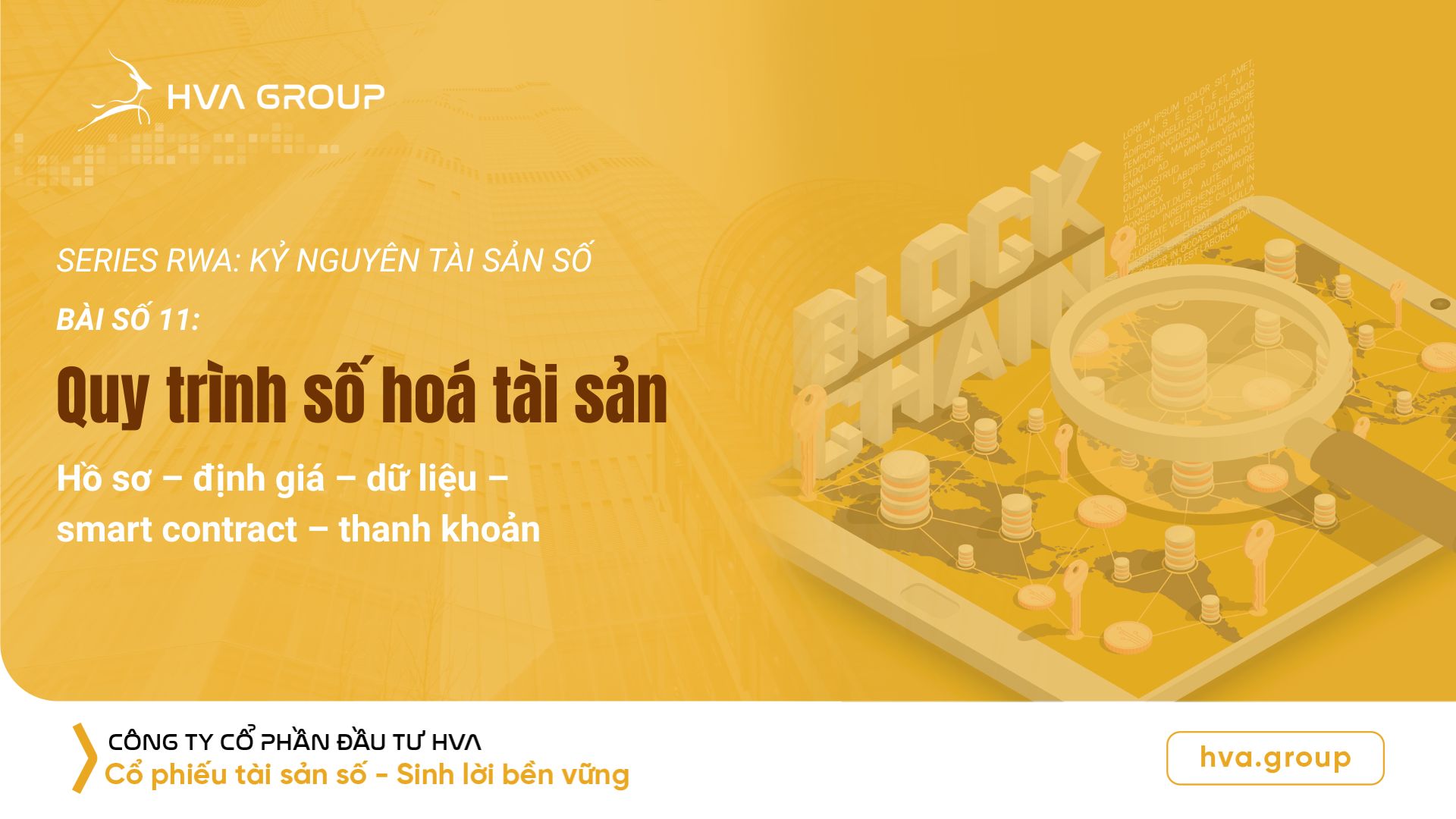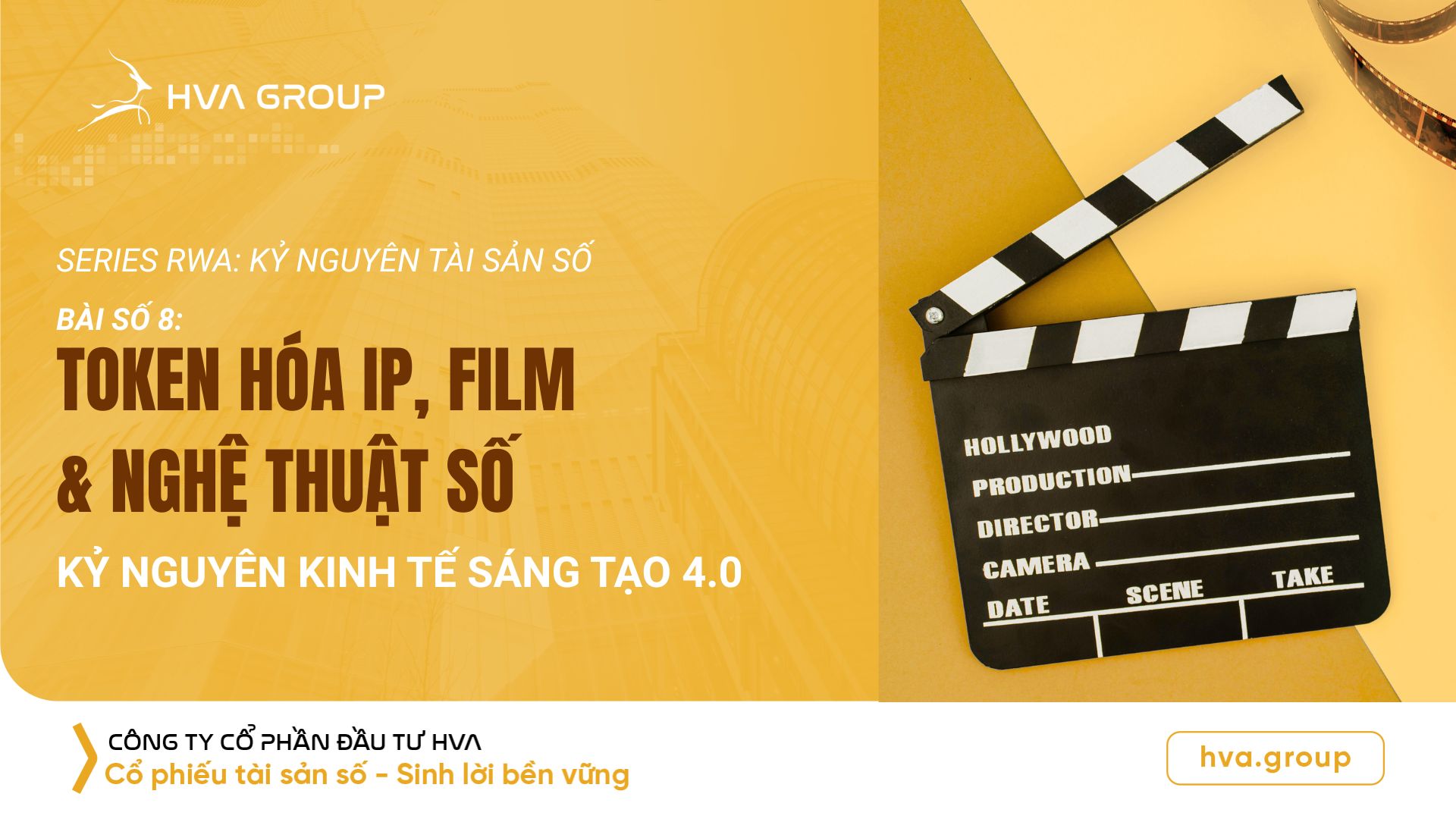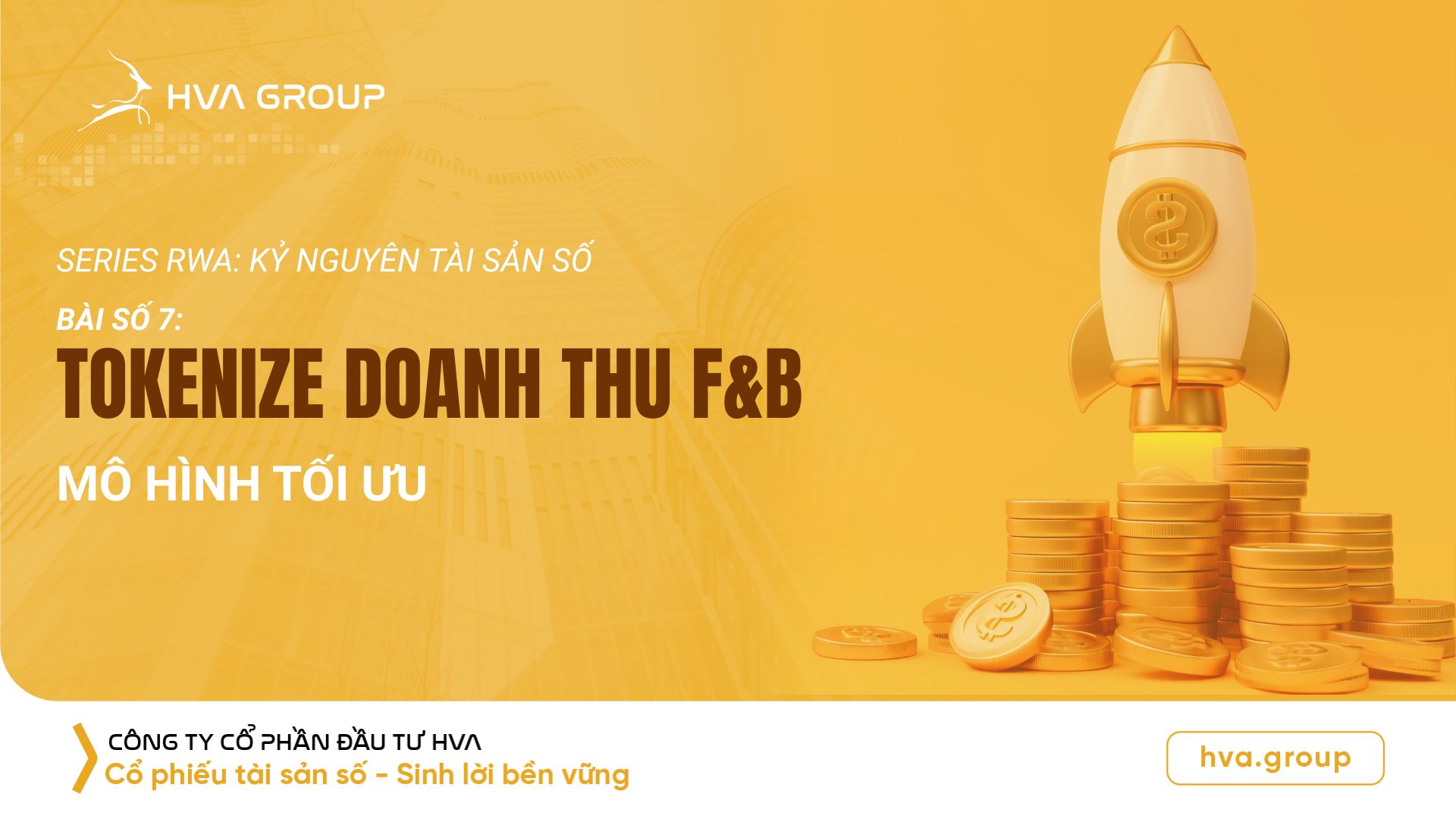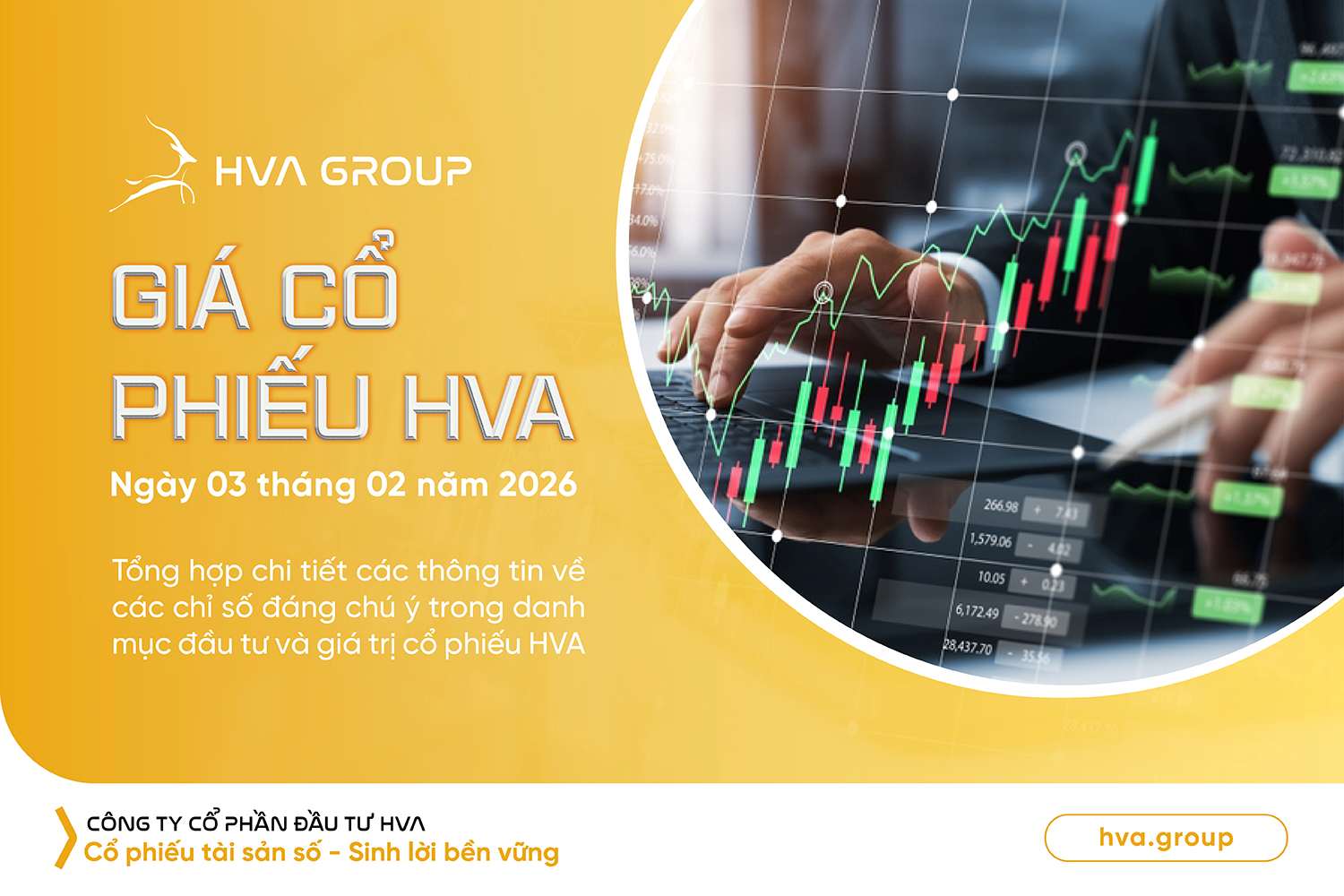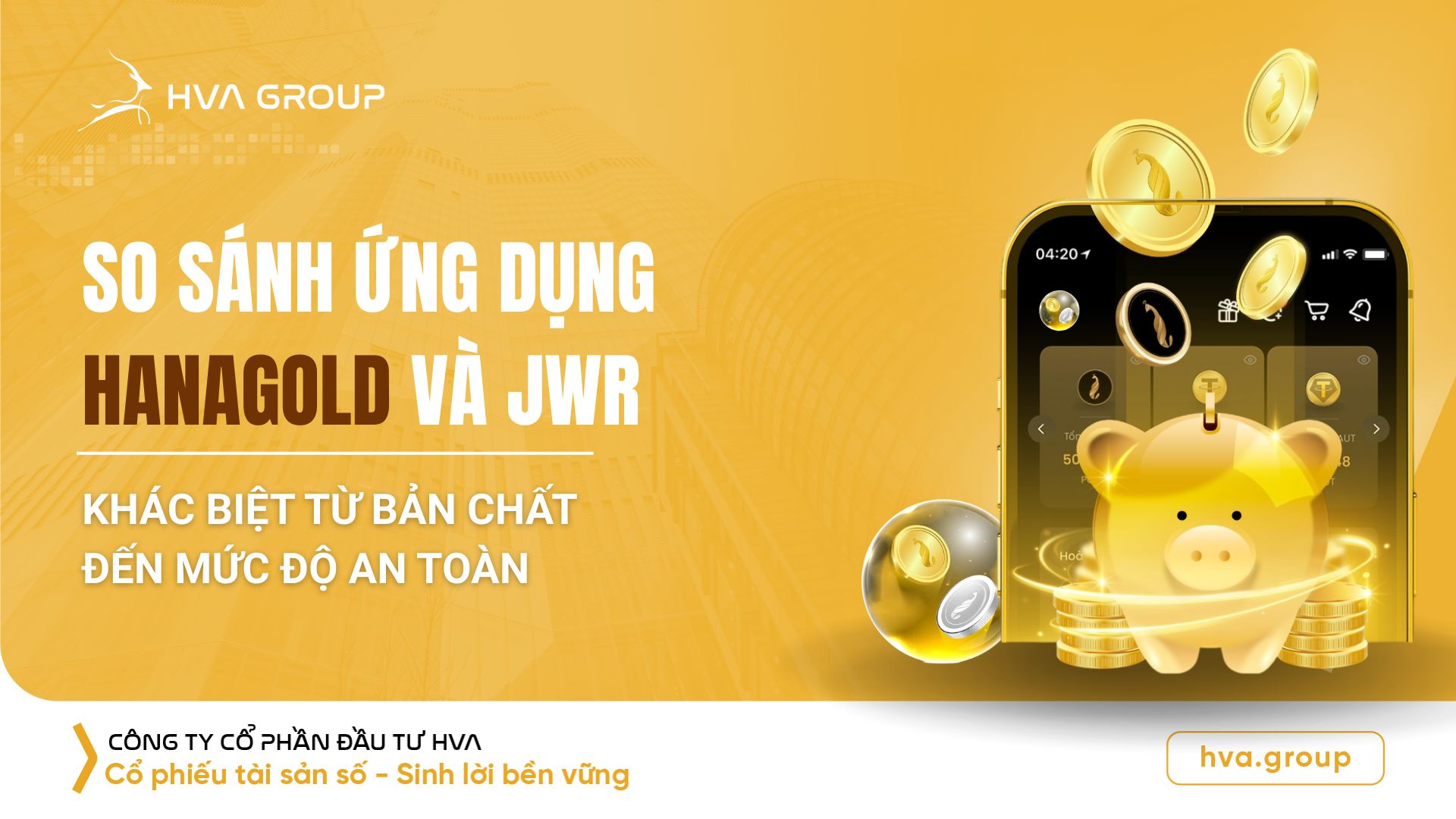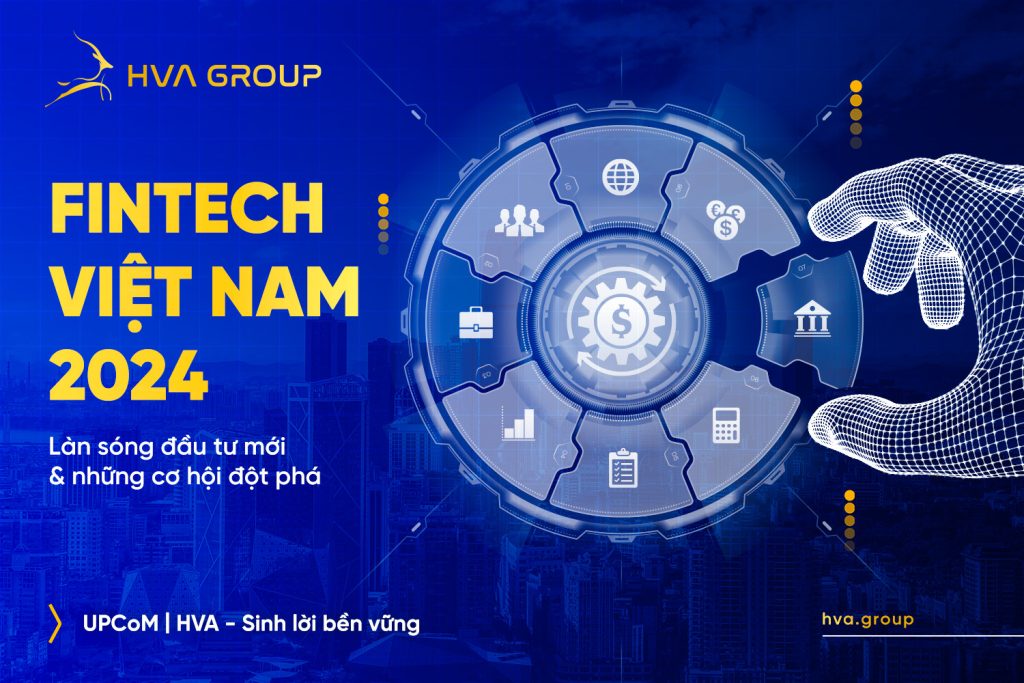
Vietnam is emerging as an attractive destination for international investors in the Fintech sector. The strong growth of the digital economy, coupled with a young population and high internet penetration, has created favorable conditions for the explosion of technology-based financial services. With impressive economic growth and increasing smartphone penetration, Vietnam is considered one of the most potential markets for Fintech in the region.
However, to succeed in this potential market, Fintech businesses need to understand the complex legal framework, take advantage of the abundant digital human resources and overcome potential challenges. This article will provide an overview of the Vietnamese Fintech market, opportunities and challenges, as well as detailed guidance on the legal and market entry process for businesses. smart investment.
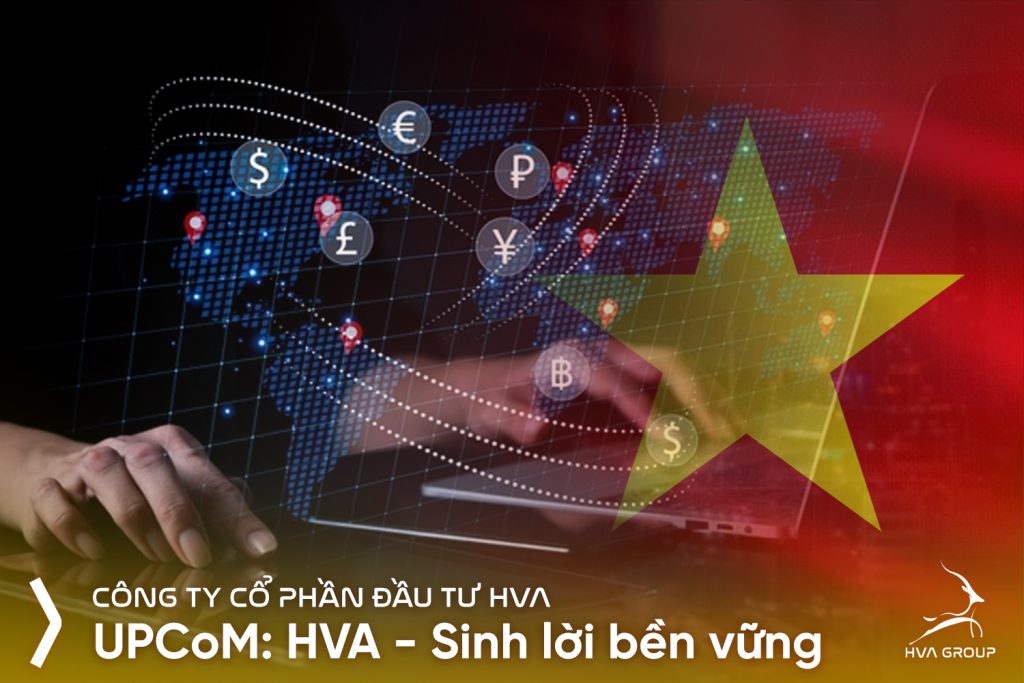
Vietnam Fintech Market: Fertile but Full of Challenges
Vietnam is emerging as a potential Fintech market, attracting the attention of many international investors. The strong growth of non-cash payments with 32.77 million active e-wallets by the end of 2023 shows that the trend of shifting from cash to digital payments is taking place rapidly. In particular, mobile payments have grown dramatically with an average annual rate of up to 103.3% in the period 2021-2023.
Vietnam’s Fintech market is driven by a strong wave of investment. From 2013 to 2023, $1.04 billion was poured into payment Fintech startups. The participation of more than 260 Fintech companies in areas such as digital payments, alternative finance, asset management and blockchain technology has created a vibrant and competitive market.
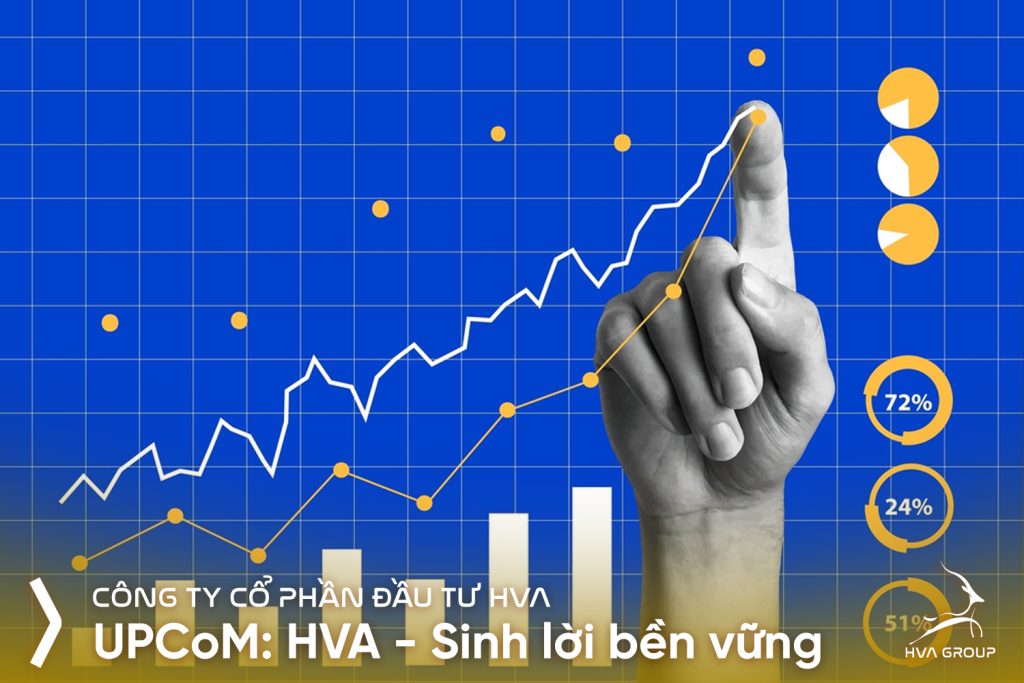
According to a report by the State Bank of Vietnam, the value of non-cash transactions in 2023 is 23 times higher than GDP, estimated at 9,890 billion USD, while Vietnam's GDP is about 430 billion USD. This shows the great potential of the digital payment market in Vietnam.
The Vietnamese Fintech market is witnessing a strong shift from cash payments to digital payments, with a significant increase in the number and value of payment transactions via QR codes. This is a testament to the strong change in consumer payment behavior, creating great growth potential for the Fintech market in Vietnam.
The QR Code Revolution: The Driving Force behind Digital Payments
QR code payments are becoming a popular trend in Vietnam, gradually replacing traditional cash transactions. In the first two months of 2024, QR code payment transactions skyrocketed by 846,41%, clearly demonstrating the development potential of this technology.
Vietnam is also pioneering cross-border payment connectivity using QR codes, with a bilateral QR code payment link between Vietnam and Cambodia launching in 2023, allowing people of both countries to easily pay in local currencies. In addition, Vietnam is joining ASEAN countries in efforts to connect payment systems, including QR codes for retail transactions, to promote regional financial integration.

QR code payments are not only fast, convenient and safe, but are also popular with users for daily transactions. Vietnam's leading position in Fintech innovation is demonstrated by officially connecting cross-border QR code payments with Cambodia in 2023 and participating in linking payment systems with ASEAN countries.
At the same time, investment capital into Fintech startups in Vietnam is also very vibrant, with MFast's success in raising capital to solve the problem of access to financial services in rural areas. The diverse Fintech startup ecosystem and fierce competition in the market show Vietnam's strong growth potential in this field.
Entering the Fintech Market: Opportunities and Legal Challenges
Despite its huge potential, Vietnam’s Fintech market still faces many complex legal challenges that investors need to be aware of. Foreign companies wishing to provide e-payment gateway and e-wallet services must comply with strict licensing and operating conditions, with a minimum legal capital requirement of VND50 billion and the qualifications and experience of the leadership team.

Payment intermediary services: Foreign companies wishing to provide e-payment gateway and e-wallet services must comply with strict licensing and operating conditions. Businesses are required to obtain a Payment Intermediary Service License from the State Bank of Vietnam. For e-payment gateway services, the technical infrastructure must ensure connectivity between payment acceptance units and banks to support customers in making e-commerce transactions and paying bills. E-wallet services also require a similar license and provide customers with the ability to deposit, withdraw money and make payment transactions.
Peer-to-peer lending (P2P Lending): As an emerging financial service, the legal framework in Vietnam still has many limitations. There is currently no clear legal definition or specific legal document regulating the operations of P2P Lending companies. Enterprises in this field must meet general requirements for investment and business registration, often under industry codes such as "Activities supporting financial services", "Electronic information portal" and "Management consulting". The draft Decree on the controlled testing mechanism (sandbox) of the State Bank of Vietnam has proposed a definition and legal framework for peer-to-peer lending activities, but is still in the discussion stage and has not been officially issued.
In general, legal regulations on Fintech in Vietnam are in the process of being completed, requiring businesses to closely monitor and flexibly adapt to maximize opportunities and overcome challenges.
Conclude
The Vietnamese Fintech market is growing strongly, opening up many attractive opportunities for investors. To be successful, businesses need to carefully research the legal framework, grasp market trends, and build appropriate business strategies. Leveraging digital human resources and being ready to adapt to market changes are also key factors. Close cooperation with regulatory agencies and industry partners plays an important role in promoting the sustainable development of the Fintech market in Vietnam.

Mr. Luu Tuong Bach
Chairman of Audit Committee & Member of Board of Directors
HVA Investment Joint Stock Company



